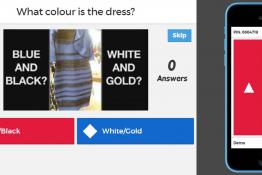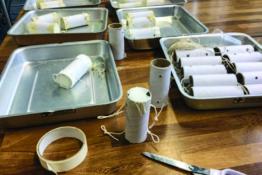Using educational neuroscience and psychology to teach science. Part 1.
Issue 367 | Page 93 | Published Dec 2017
Description
This article is the first of a two-part series that explores science teachers' and their pupils' experiences of using different pedagogical approaches based on understandings of how brains learn. For this case-study research, nine science teachers were interviewed and four teachers self-selected to trial a pedagogical approach, new to them, from cognitive psychology and educational neuroscience, using an action research framework for between one and two academic years. Both teachers' and their pupils' experiences of using the approach were explored, and data were collected via observations, interviews with teachers and focus-group interviews/ written questionnaires with pupils. As in case study research, each case was examined in depth, and consequently findings are not necessarily generalisable to other cases. However, it would be valuable if other teacher-researchers tried and evaluated some of these approaches, particularly those from educational neuroscience, where recommendations are based on relatively recent research findings. Part 1 will focus on two approaches rooted in cognitive psychology: Cognitive Load Theory (CLT) and Cognitive Acceleration through Science Education (CASE), part 2 will focus on approaches from educational neuroscience: The Brain-Targeted Teaching Model (Hardiman, 2012) and Research-Based Strategies to Ignite Student Learning (Willis, 2006).
More from this issue
This article considers the relationship between belief and learning science. It is argued that belief in science (as a process) needs to be...
The genetic diversity contained in a population can be used to engage the audience in an understanding of human genotypes and phenotypes. With a...
This article recounts the author's working experience of one method by which pupils' understanding of the epistemologies of science can...




